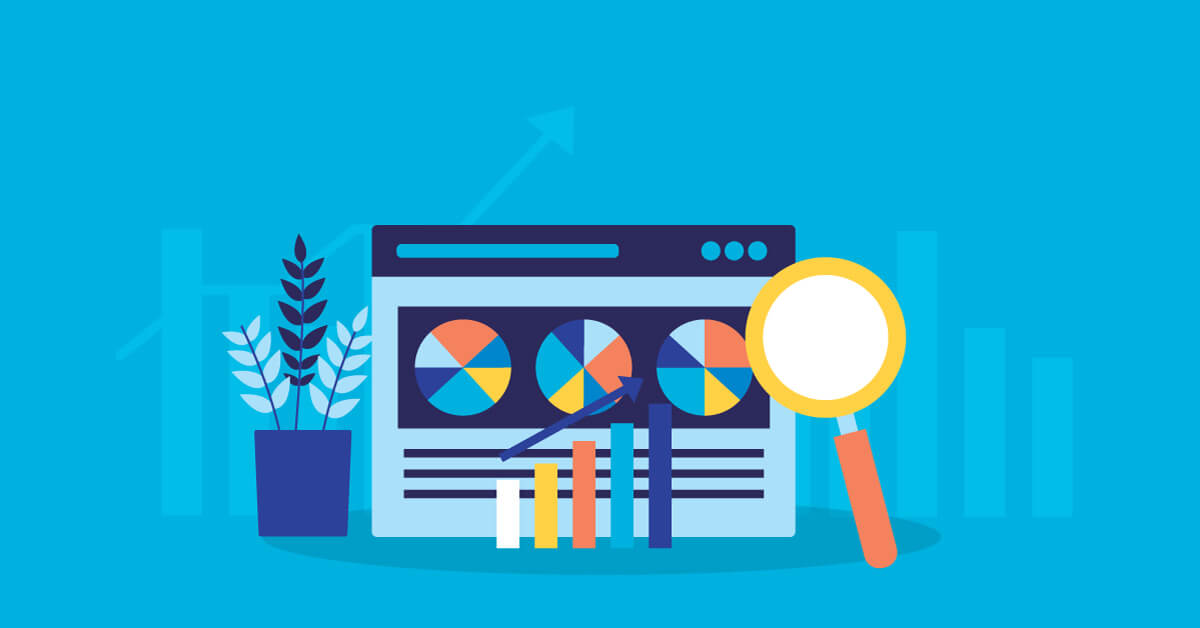If you were to name a weapon that reforms your business into a high-yield machine, it would be Data Analytics, wouldn’t it? Well, you are correct! Data analytics streamlines your business operations and allows you to deliver premium experiences to your clients. But is the path to analytics success so smooth? Hell no! Several bumpy ethical challenges stand on the road before you can skyrocket your analytics-driven campaign. Thus, a blindfolded approach will not yield the expected outcomes. Instead, you need to learn about the ethical issues associated with data analytics before you can curate suitable strategies for your enterprise. So, without delaying further, let’s uncover the ethics and law in data analytics in detail.
Treasuring Customer Privacy
Protecting the user’s privacy should be the highest priority for a company. Nowadays, even users are aware of their privacy rights, and a whopping 84% of them feel concerned about it. Since customer data is a goldmine for your company, you might get into their private information accidentally. Such unethical activity will hurt your clients’ sentiments, compelling them to join another group that protects their privacy. So, you need to set up a safe boundary beyond which sensitive user data lies out of your reach.
Establishing Transparent Analytics Practices
Your business knows the advantages of data analytics, but do your customers know? As a responsible company, you must educate your clients about the benefits of data analytics in improving their experience with the company. Also, your team should inform the precious customers about which data you take up for processing and the ones you leave untouched. It will prevent customers from feeling intimidated to use your product and share their information willingly.
Dealing with Shared Data Securely
As high as 79% of users care about how companies use their data. So, single malpractice can disappoint a large client-base and separate them from your company. Even after your users agreed to share some data with your enterprise, you should monitor how you use these datasets. If you have hired a third-party analytics team, you must ensure they don’t misuse your customer data. After all, protecting user privacy is your ultimate responsibility.
Controlled Analytics Insights Influence on Humans
Undoubtedly, data analytics assists businesses in making correct decisions. However, these insights should not get into the operations too much to influence human will. If they do, then humans will begin relying on analytical insights and give up on stimulating their minds when giving a verdict. The workplaces should ethically restrict data analytics usage, allowing critical human thinking and natural decisions.
Keeping Biased Insights at Bay
Sometimes, analytics can generate insights that propel sexism and racism unknowingly. Without proper evaluation, these insights will intermingle with crucial policies, and the entire business workflow will get biased. So, it’s a lofty challenge for analysts and businesses to monitor unbiased insights and implement them into core operations.
Data ethics and analytics are closely related and interdependent. Although analytics is considered self-sufficient, a campaign lacking ethical principles will turn the steering in the wrong direction. So, being a business, you should take care that your analytics strategies provide fruitful results to everyone without harming any stakeholders.

